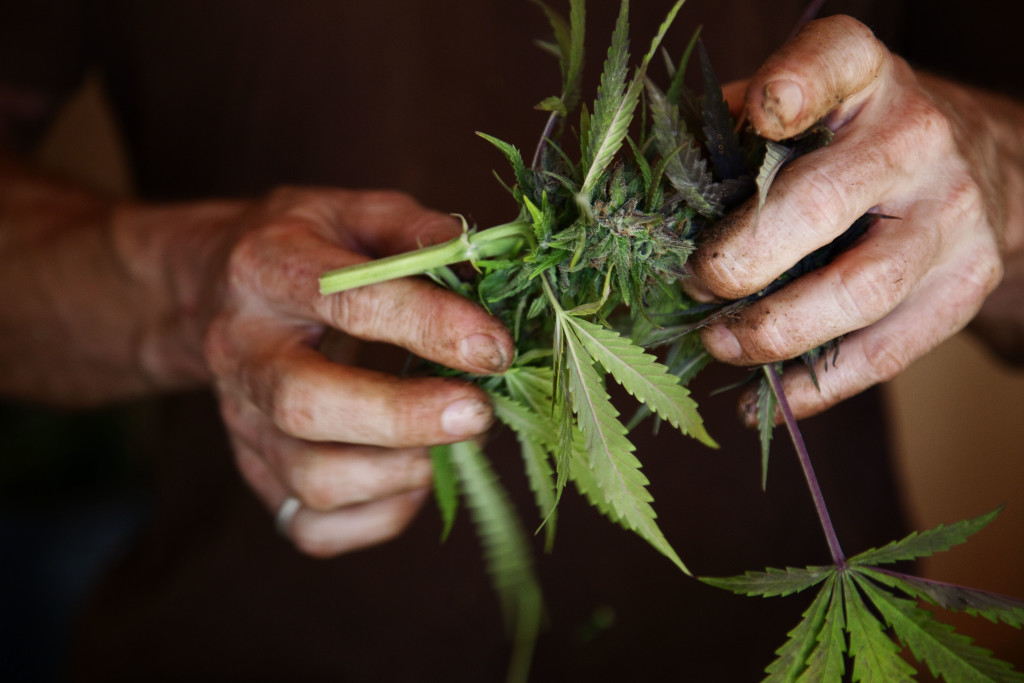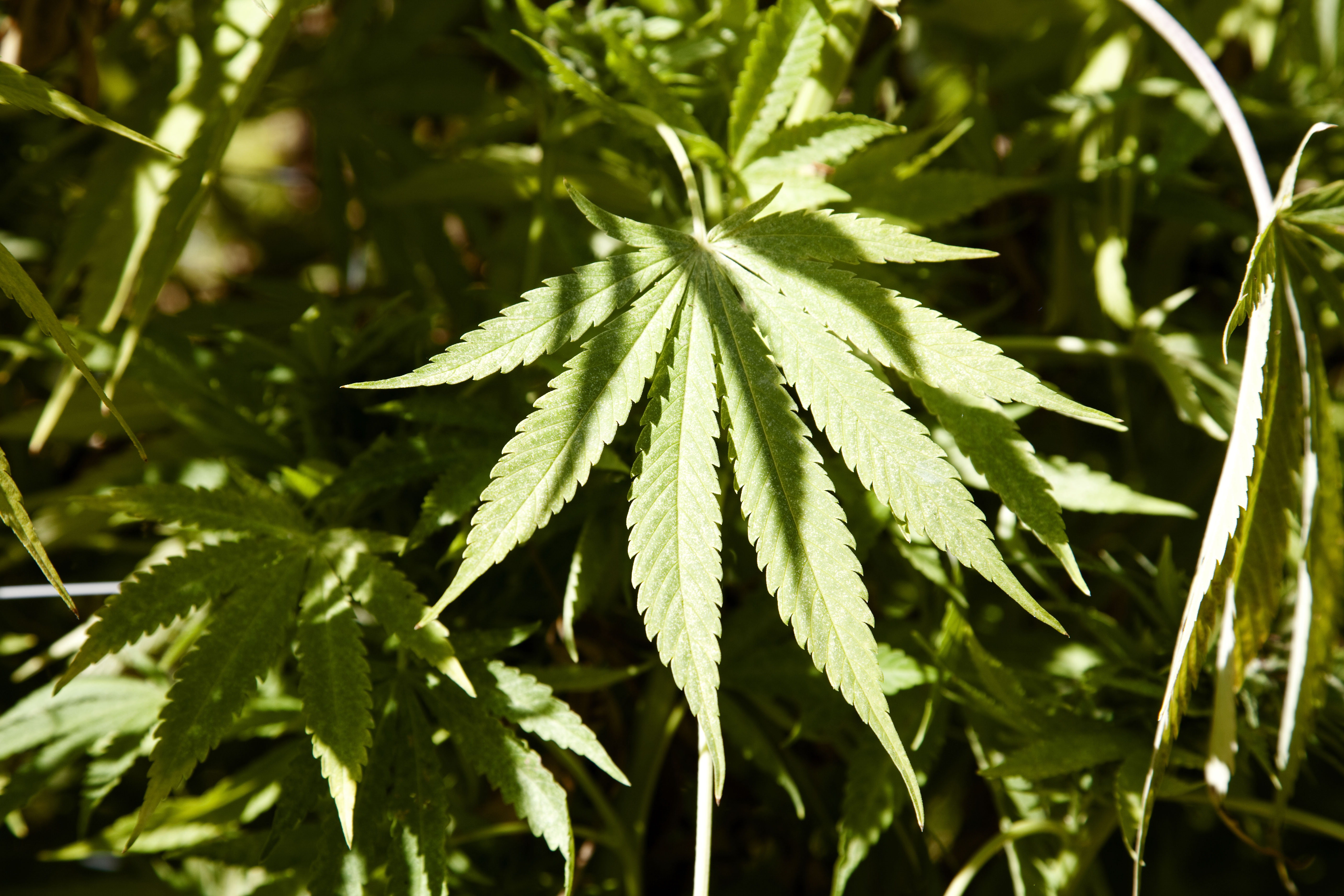Two Governors Push to Ease Marijuana Restrictions

December 1, 2011
Share
The governors of Rhode Island and Washington are the latest voices to call for the federal government to ease restrictions on medical marijuana.
In a letter [PDF] to the administrator of the Drug Enforcement Agency (DEA), Gov. Christine Gregoire (D-Wash.) and Gov. Lincoln Chafee (I-RI) asked the government to reclassify marijuana as a Schedule II controlled substance, which would put it in the same category as cocaine, opium and morphine, in order to regulate its use for medical purposes without risking federal prosecution. The classification could potentially result in medical marijuana to be dispensed from pharmacies.
“If our people really want medicinal marijuana, then we need to do it right,” Gov. Gregoire told The New York Times. “We need to do it with safety, we need to do it with health in mind, and that’s best done in a process that we know works in this country — and that’s through a pharmacist.”
The DEA denied a similar petition last June based on a review done years earlier, but marijuana advocates say they have more support from the medical community today.
In October, California’s largest group of doctors announced its support of legalization on the grounds that California’s medical marijuana law has created an “untenable situation for physicians: deciding whether to give patients a substance that is illegal under federal law.”
Dr. Donald Lyman, the physician who wrote the California Medical Association’s (CMA) new policy told The Los Angeles Times that only after medical marijuana is legalized can the medical community undertake the research needed to determine whether the drug is useful for medical purposes. The CMA is believed to be the first large medical association to call for legalization.
The push to reclassify the drug comes almost two months after the federal government launched a coordinated offensive against dispensaries in California — the country’s largest marijuana market — announcing a series of civil forfeiture lawsuits and warning dozens to shut down or face criminal charges and confiscation of property. In San Diego alone, 62 percent of dispensaries have been closed since the crackdown began. But it’s not just California: Over the past nine months, the federal government has taken a number of steps to crack down on medical marijuana around the country.
According to a Gallup survey released in October, 50 percent of Americans said they believed marijuana use should be made legal, the highest percentage to date. But there is significant resistance to legalization; 46 percent say marijuana use should remain illegal.
Rhode Island and Washington are two of 16 states (plus the District of Columbia) that have have passed medical marijuana laws. More than a third of all states are experimenting with some form of legalization or decriminalization.
*Dec. 2, 2011 Update: Vermont Governor Peter Shumlin announced yesterday that he would also sign the request to ask the DEA to reclassify marijuana. “I think it’s ludicrous that marijuana is put in the same category by the federal government as heroin and other drugs that are extraordinarily addictive,” he said at a press conference.
Related Documentaries
Latest Documentaries
Related Stories
Related Stories
Explore
Policies
Teacher Center
Funding for FRONTLINE is provided through the support of PBS viewers and by the Corporation for Public Broadcasting, with major support from Ford Foundation. Additional funding is provided the Abrams Foundation, Park Foundation, John D. and Catherine T. MacArthur Foundation, Heising-Simons Foundation, and the FRONTLINE Trust, with major support from Jon and Jo Ann Hagler on behalf of the Jon L. Hagler Foundation, and additional support from Koo and Patricia Yuen. FRONTLINE is a registered trademark of WGBH Educational Foundation. Web Site Copyright ©1995-2025 WGBH Educational Foundation. PBS is a 501(c)(3) not-for-profit organization.





















